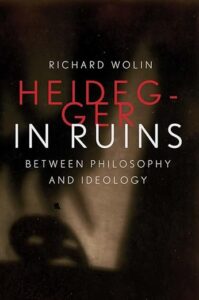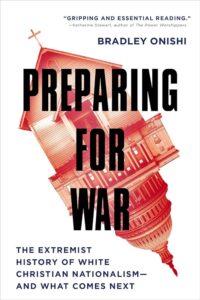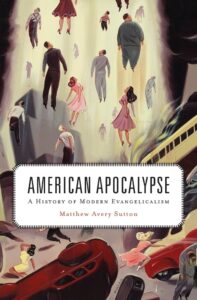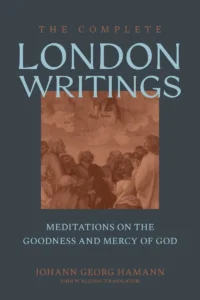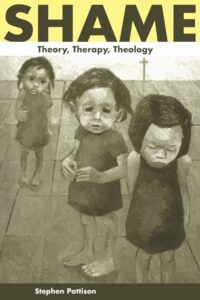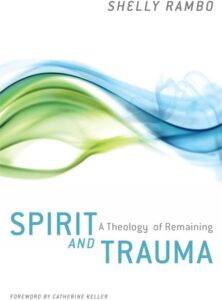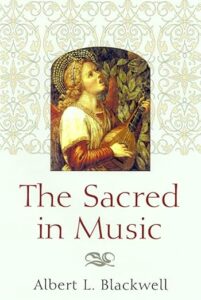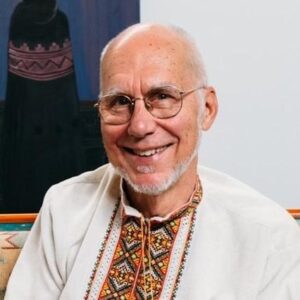
“Climate Disruption, Religious Anxiety, and the Tenacity of Hope” with Professor Larry Rasmussen
On December 3, 2024, Robert P. Jones joined the UVA graduate seminar Theologies of Resistance and Reconciliation by Zoom to talk about his research on the theological and historical sources of white supremacy in the United States. Read More

